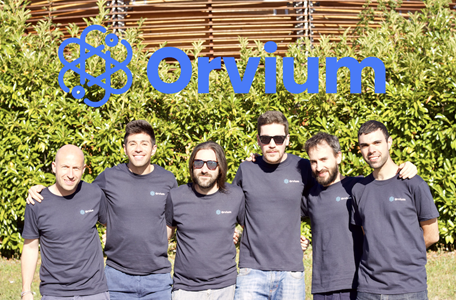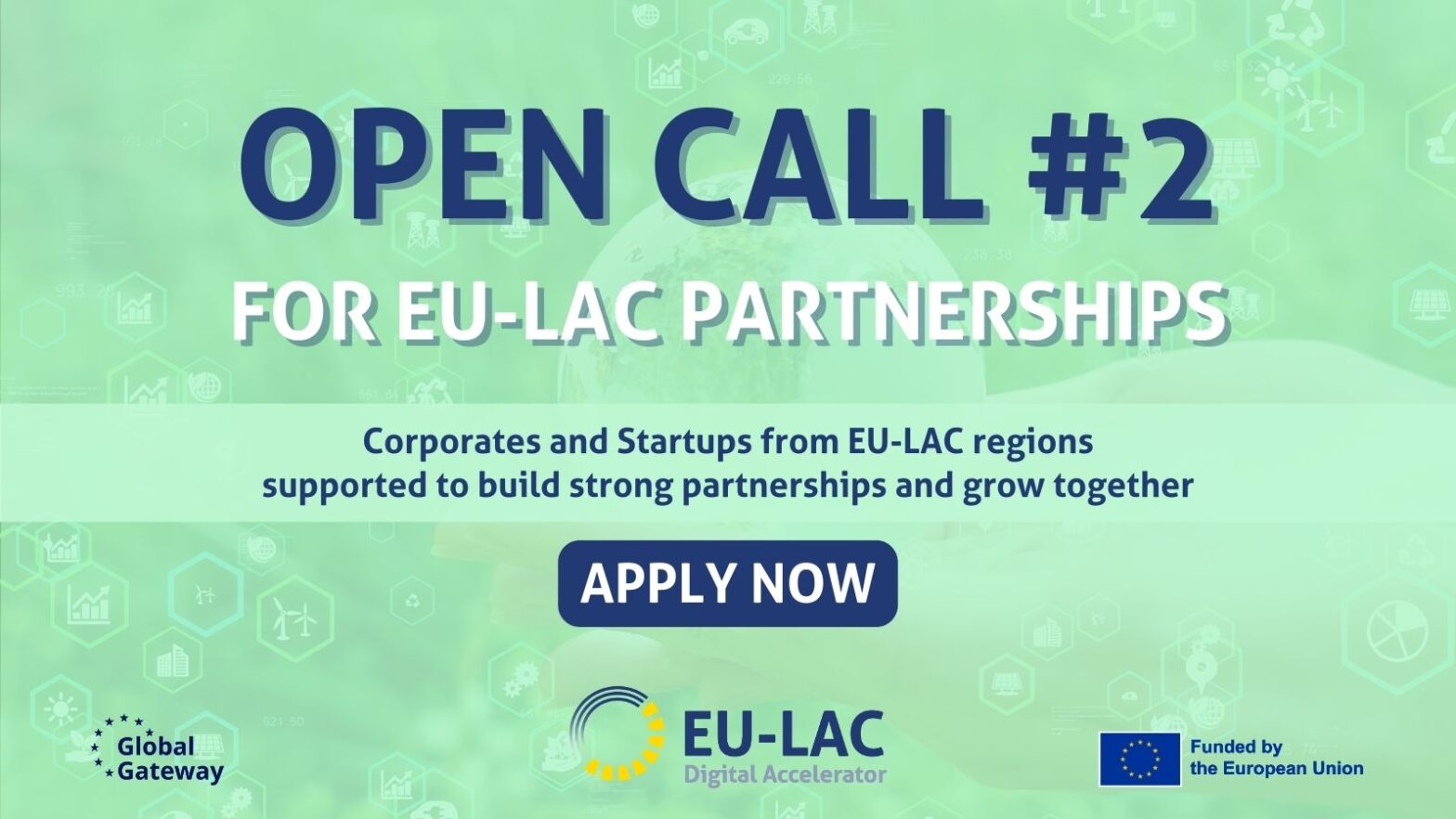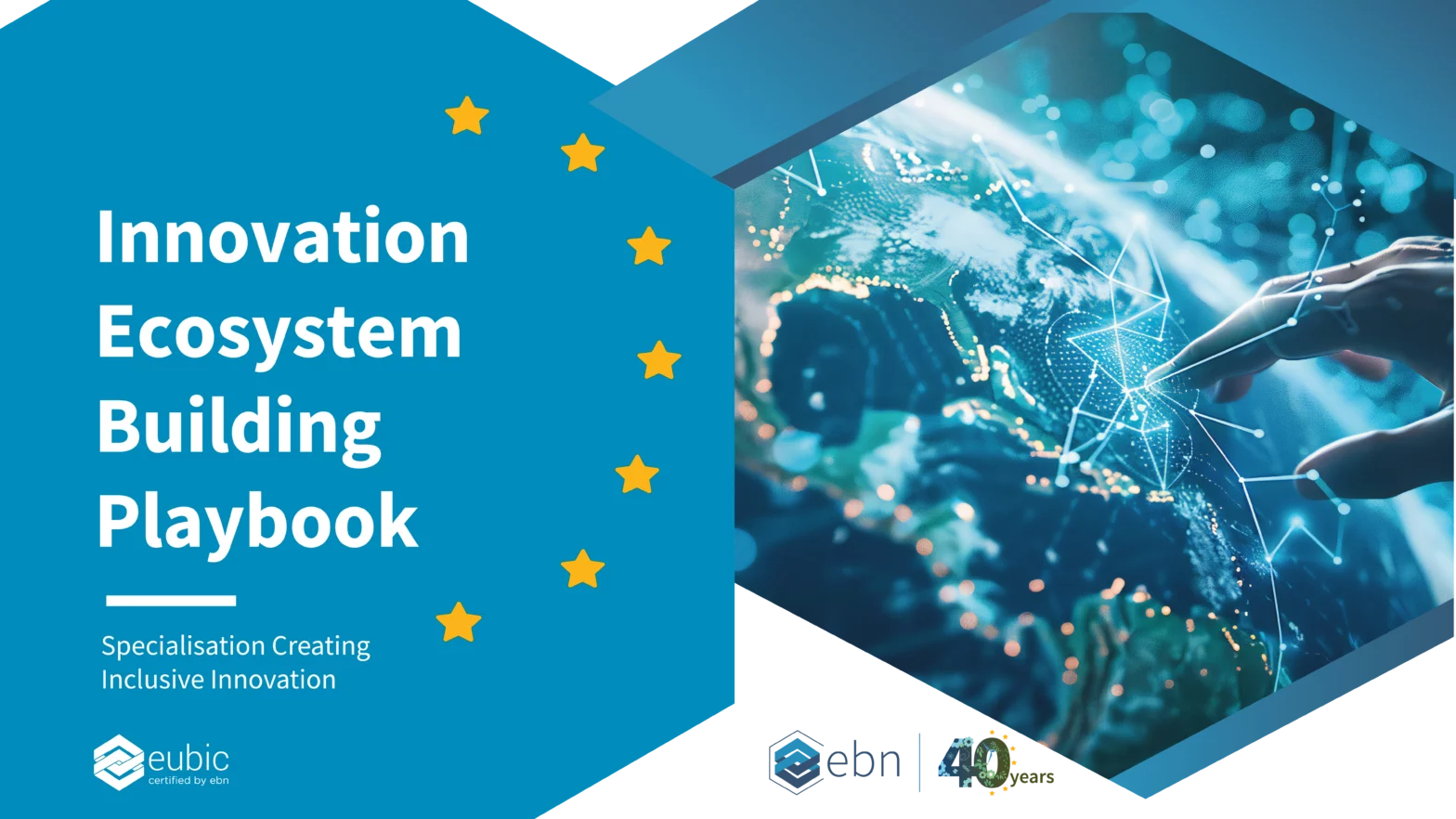How EU|BIC Araba supported startup Orvium is changing science

In 2017, Manuel Martin and Antonio Romero were working at the European Organization for Nuclear Research (CERN). As researchers and academics, they suffered many of the common problems researchers face in publishing their work: long delays, opaque processes, high fees, lack of recognition for their work… Publishing is crucial for researchers’ careers as it enables them to share and promote their discoveries with the scientific community and get funding. But most importantly, scientific discoveries affect the progress of our society and Manuel and Antonio became motivated to make scientific work more open and accessible to all.

They decided to join forces with Roberto Rabasco who lived in London and had already acquired some experience in business as he had created several start-ups. The trio decided to move back to Spain and integrate the BIC Araba facilities to get their project started. They decided to create a community-driven platform to connects researchers and research institutions to help them share their work, create open access journals and foster easy access to scientific information. Orvium was born!
Why BIC Araba?
In July 2019, in collaboration with INEUSTAR (The State Association of the Science Industry), BIC Araba launched a call to supporting the development of new business initiatives based on CERN technologies.
“The major reason for us to approach BIC Araba was their relationship with CERN and Ineustar. It made complete sense for us to link our activity with prestigious institutions like these as this is the best way to build together something that works. Since we joined BIC Araba, we got a lot of support with technical and business training, office facilities, funding, internationalisation, press coverage but most importantly networking with universities, research centres, and other companies”, said Manuel and Antonio.
BIC Araba, who joined the Ineustar Pioneers network, is supporting the incubation of Basque companies with CERN-based technologies under very advantageous conditions:

• each of the initiatives may receive a grant of up to € 40,000
• additional technological support from Ineustar and CERN
With Ineustar Pioneers Basque Country, BIC Araba gave Orvium and its founders the boost they needed:
“They connected us with The Basque Government Internationalization department from which we received funding. But mainly, they have helped us a lot in shaping up our business model and value proposition, and to align all those values with our sales and marketing department so that potential customers understand what we offer through the “Alava Emprende 2020” programme. All of it contributed to Orvium expanding abroad”.

Orvium uses blockchain technology to solve one of the great problems of the scientific publishing industry: transparency. In their platform, researchers can sign and certify all their work on the blockchain, from the authorship of the content to the status of their scientific article at all times. This allows for better and fairer validation of the articles.
“It is important to note that all the work we do at Orvium to help researchers is not only beneficial for the scientific community but the rest of society in the form of new drugs, communication systems, transportation, etc. Although Orvium is working on 'higher education', public or private companies have been very interested in our work.”
Since their inception, they received many endorsements that they can be proud of, both individually and institutionally. Personalities of recognized prestige in the scientific world publicly praised the project, disinterested and talented programmers contributed to the platform because they believe in their vision and public and private institutions have offered them financial support, so important to preserve the continuity of a startup.







